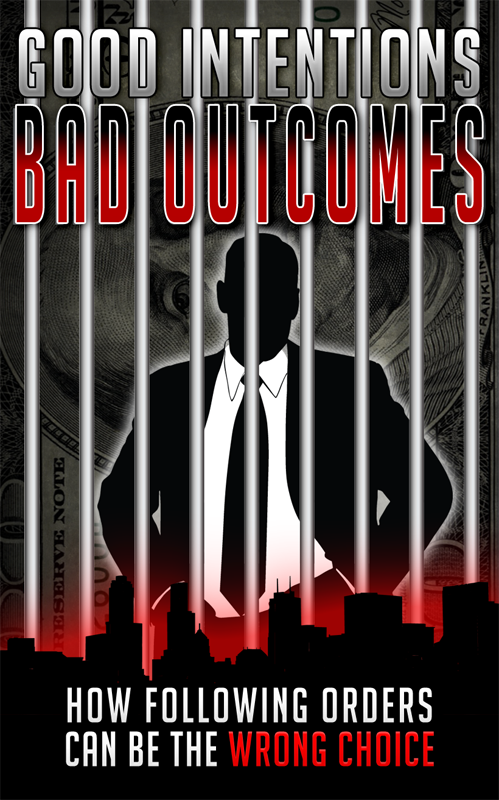 Summary: Exercising professional skepticism is one of the most important responsibilities of an auditor and an accountant. This case highlights one accountant’s struggle with exercising professional skepticism while evaluating a client’s financial statements. Additionally, this case discusses how exercising professional skepticism can be important in identifying fraud.
Summary: Exercising professional skepticism is one of the most important responsibilities of an auditor and an accountant. This case highlights one accountant’s struggle with exercising professional skepticism while evaluating a client’s financial statements. Additionally, this case discusses how exercising professional skepticism can be important in identifying fraud.
Learning Objectives: After reading the case the student will be able to:
1. Gain an understanding of the importance of professional skepticism.
2. Gain an understanding of audit quality.
3. Improve critical thinking skills.
4. Gain an understanding of the role accountants/auditors have in fighting fraud.
5. Be able to discuss the role of the whistleblower.
